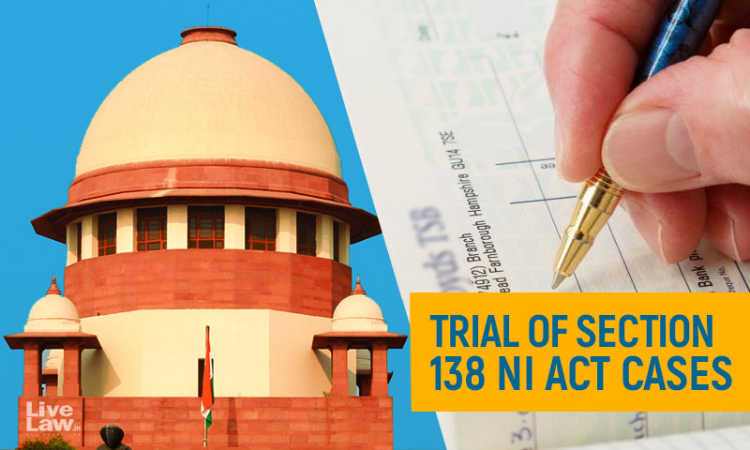The Supreme Court has observed that criminal proceedings for the dishonour of cheque under Section 138 of the Negotiable Instruments Act, 1881, are "quasi-criminal" in nature.The Court also made an interesting comment that Section 138 proceedings can be called a "civil sheep" in a "criminal wolf's clothing".A bench comprising Justices RF Nariman, Navin Sinha and KM Joseph made these...

